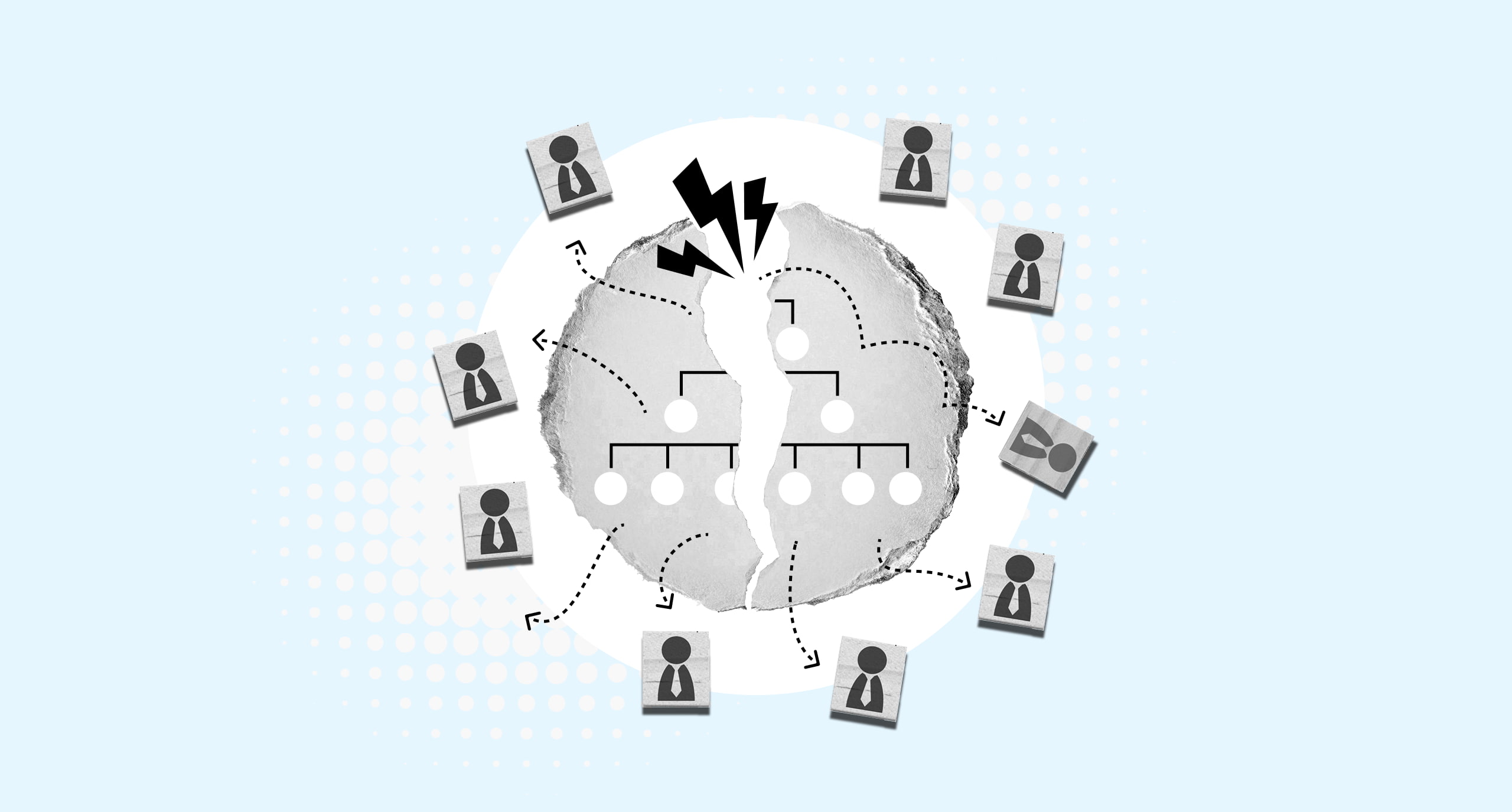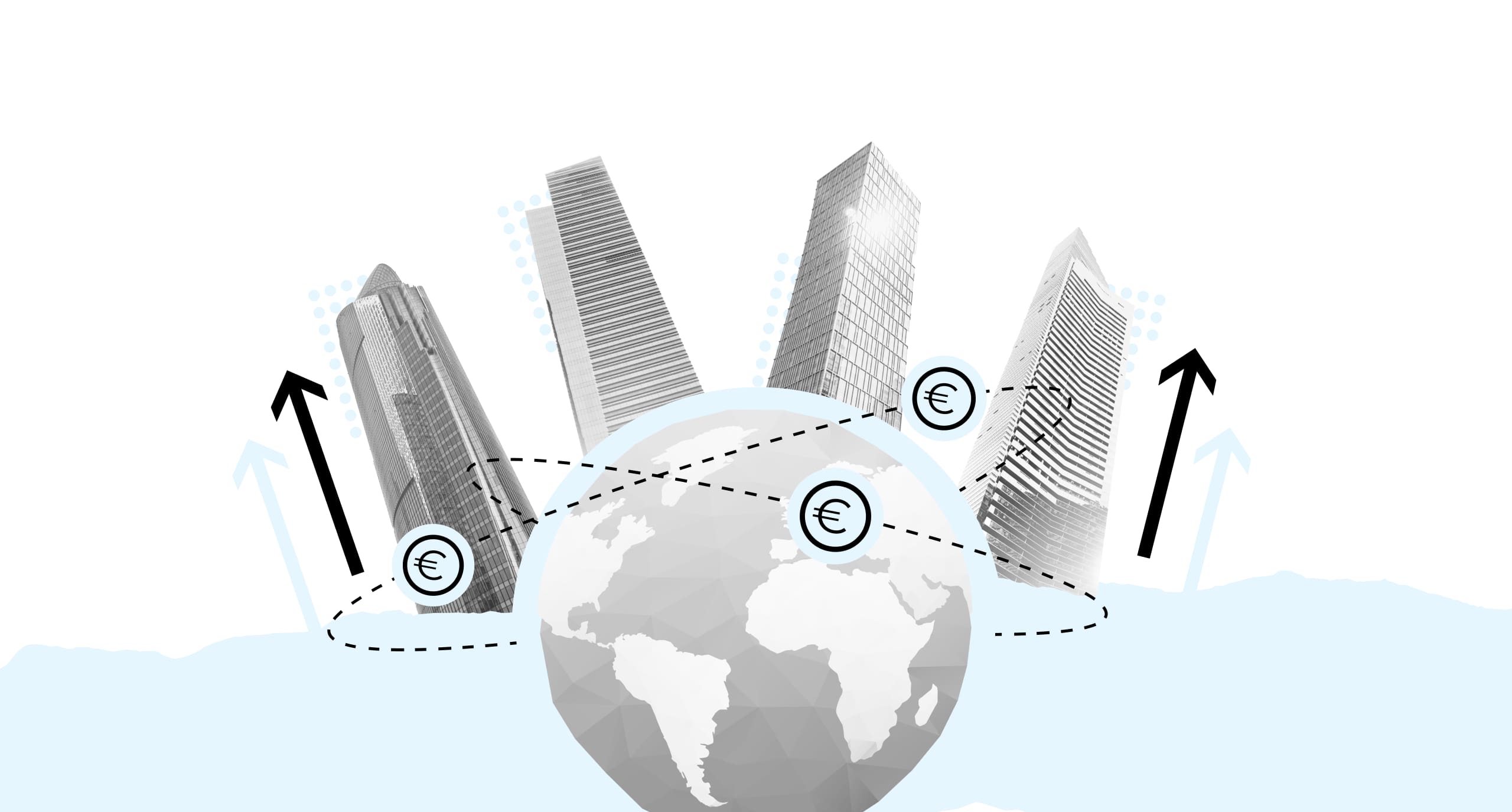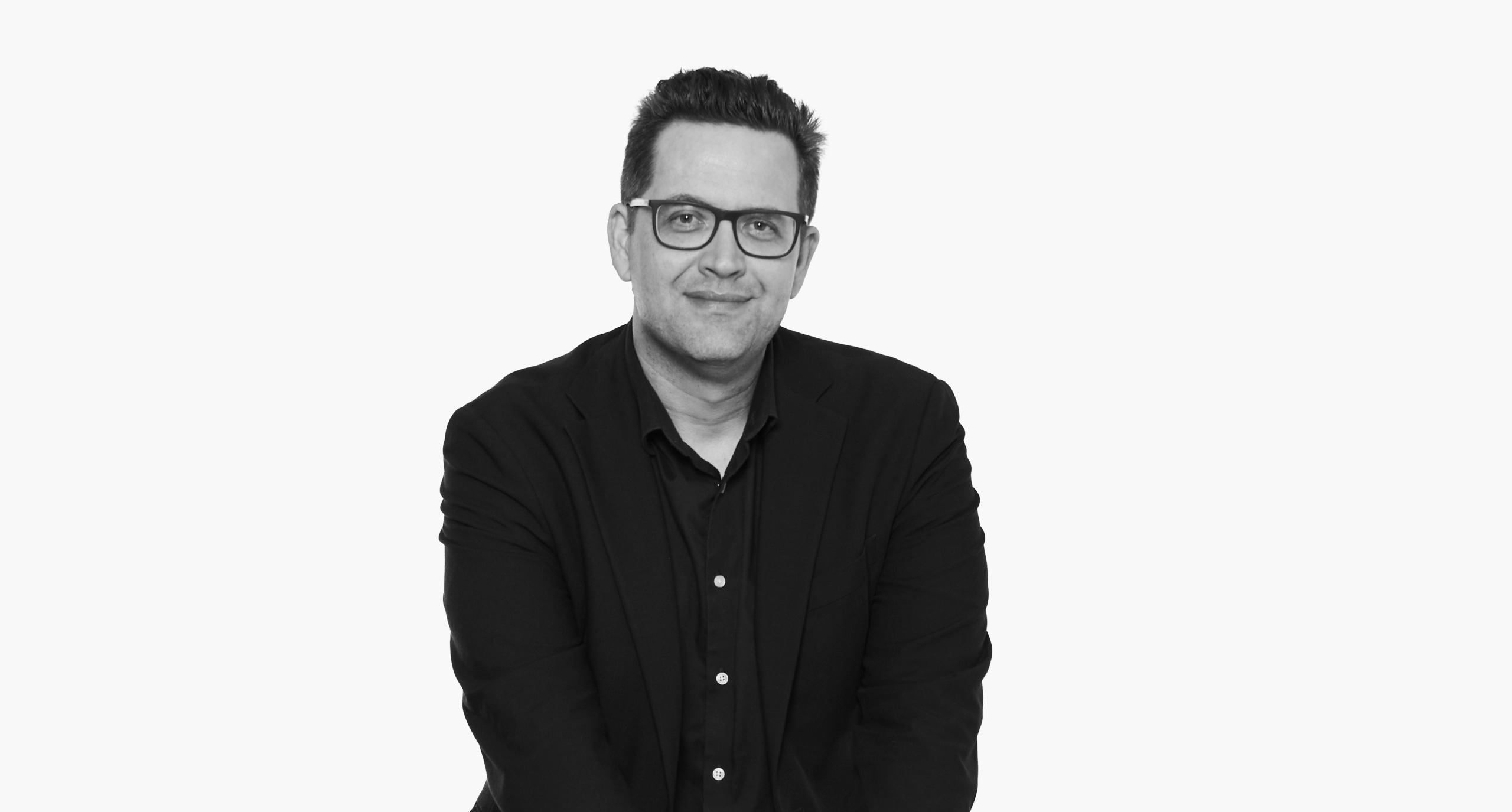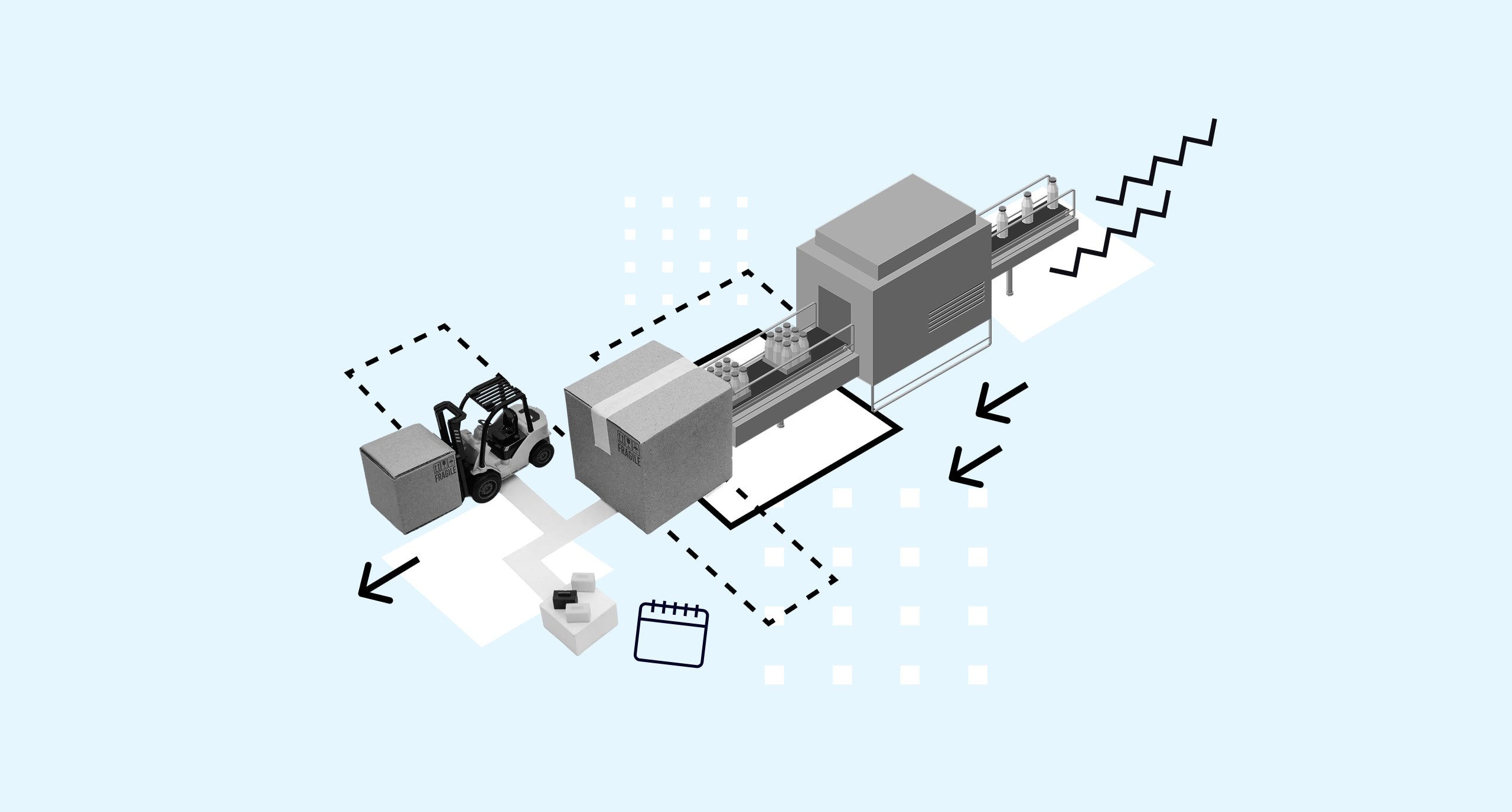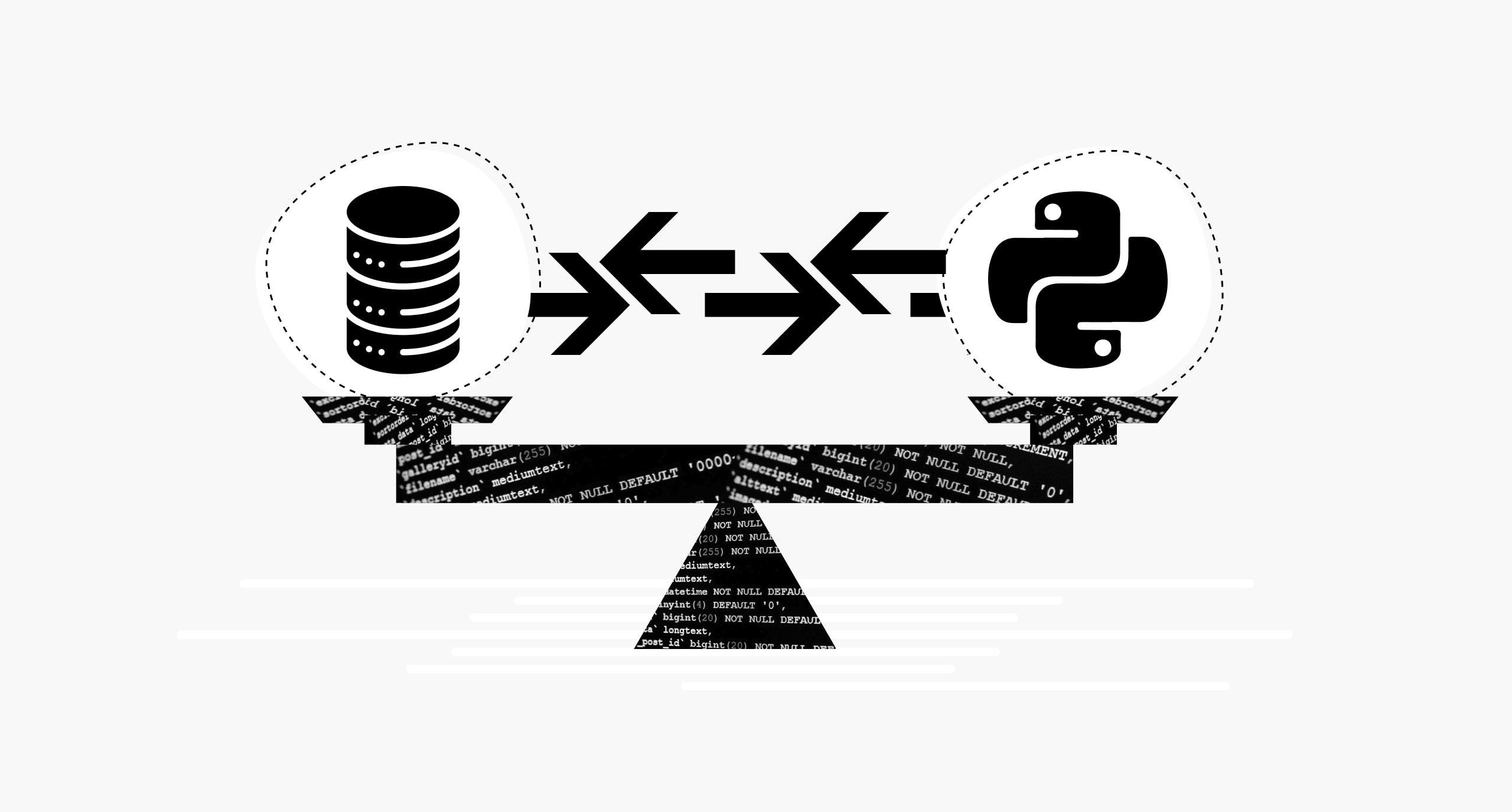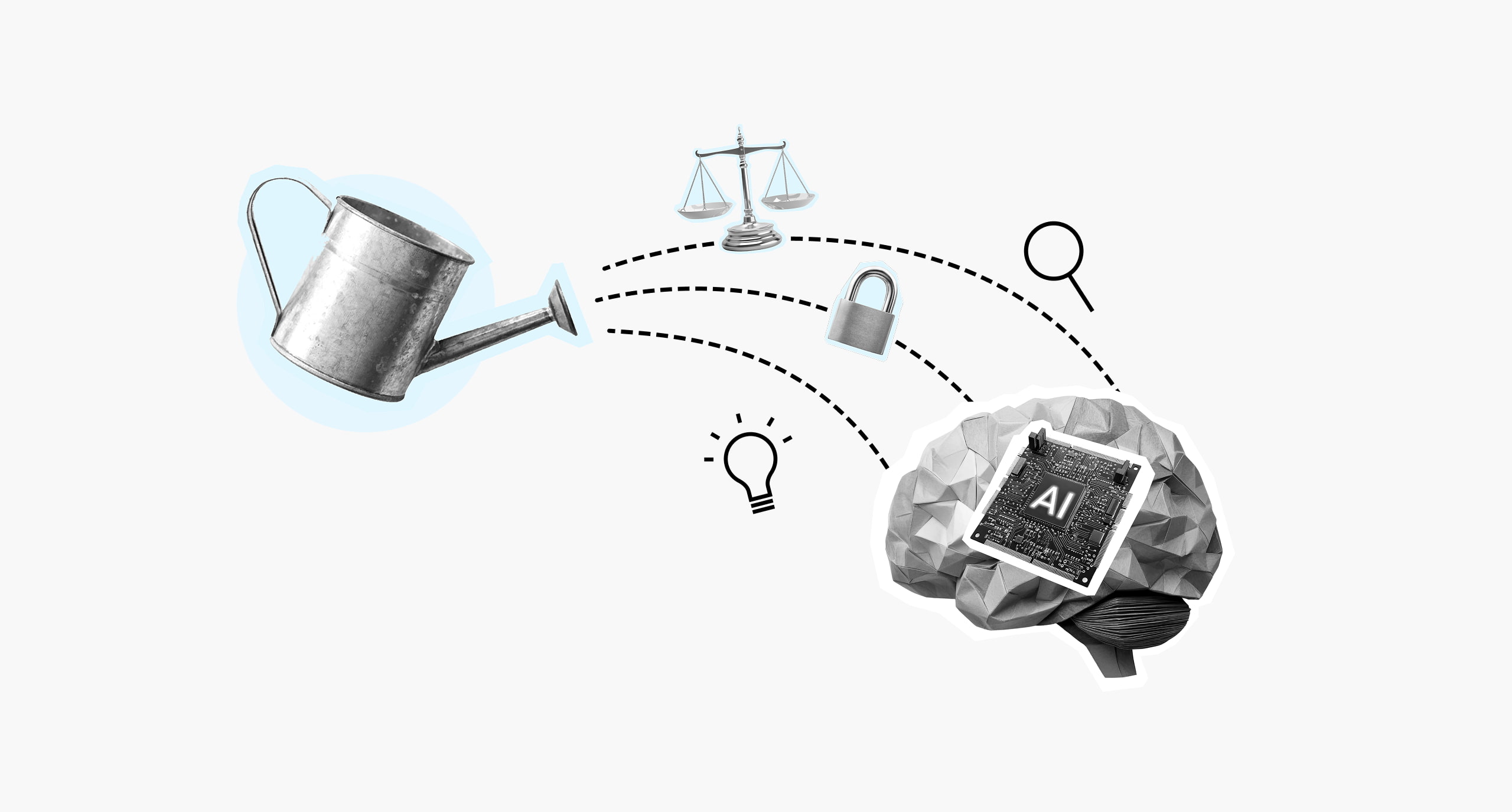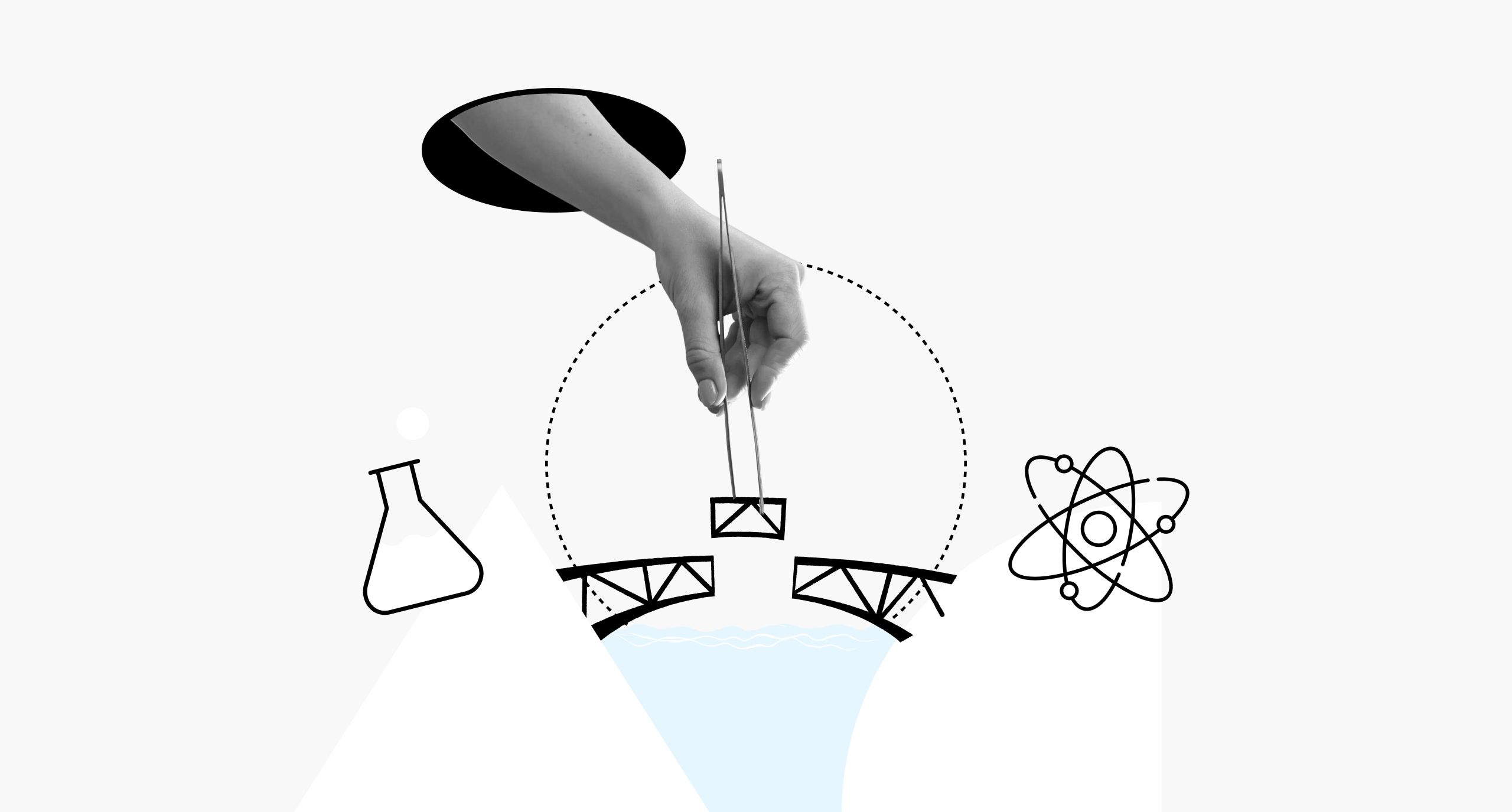For IE University, sustainability is a long-term institutional commitment. Which is why we’re introducing you to our IE Sustainability Champions initiative, shedding light on the individuals making everything tick. With contributions across travel, food, infrastructure, events, student life – where decisions shape environmental impact over time.
Read on to see how these trailblazers are making IE University a carbon-neutral institution.
The IE Sustainability Champions 2025
The 2025 cohort reflects the breadth of sustainability work taking place across IE. Their areas of influence vary, yet each plays a role in strengthening the university’s sustainability infrastructure.
This year’s champions are:
Tomás Lucero Domínguez – Former head of the Student Sustainability Committee and lead organizer of Sustainability Week 2024.
Prof. Irene Sánchez – Environmental science professor behind the regeneration of the Segovia campus garden.
Amaya Cabello – Global Travel Manager shaping IE’s sustainable mobility strategy.
Angelines Armenteros – IE Tower supervisor improving sustainability in event operations and procurement.
María José Martín de Almagro – Executive Assistant, for championing operational improvements and promoting sustainable change across university processes.
Leadership that strengthens systems
Tomás Lucero has been one of the driving forces behind how sustainability actually shows up on campus. As head of the Student Sustainability Committee, he helped bring different initiatives together under one structure and led Sustainability Week 2024 – which brought 19 events, over 50 sustainability-focused organizations and more than 900 participants into the same conversation.
For Tomás, the IE Sustainability Champions initiative is all about creating a movement people want to be part of. “These initiatives grow,” he says. “They start niche and then they become aspirational. People begin submitting projects, caring about impact and wanting to contribute.”
Beyond moral positives, Tomás wants to make it clear that sustainability has real functional benefits which are often overlooked. “An economy can be prosperous and still sustainable,” he says. “The challenge is helping people see how these things can work together.”
Operational impact and everyday decision-making
For staff members Amaya Cabello and Angelines Armenteros, just having one guiding voice across operations can make all the difference. As IE’s Global Travel Manager, Amaya oversees how institutional travel is planned, monitored and optimized. Her team has worked for years measuring emissions, collaborating with suppliers and embedding sustainability criteria into procurement and booking processes.
“The first thing is to measure,” she explains. “If you don’t know what you generate, you can’t take actions to reduce it.” Her goal is to move towards a structured accountability model where environmental impact is managed with the same clarity as financial budgets. “Just as we have a travel budget, we should have an emissions budget,” she adds. “That allows us to control and choose more sustainable options by default.”
At the IE Tower, Angelines Armenteros operates with the same principle through physical space and event management. Her work focuses on reducing waste, shifting purchasing habits and questioning unnecessary material use. “I don’t do this for recognition,” she says. “I do it because it’s part of my values – taking care of what we have and thinking about the impact of our actions.”
Angelines has noticed the ripple effect from these small actions: “I don’t consider myself a leader in the traditional sense, but example pulls people along. I’ve seen colleagues start asking if they really need to print something or if we can reuse materials. They don’t do it because I tell them to – they see it in how I work.”
Sustainability as shared space and wellbeing
From the IE University Faculty, Professor Irene Sánchez has brought sustainability to life with the regeneration of an abandoned section of the Segovia campus into a shared vegetable garden. What once sat unused now supports a living environment of around 20 cultivated plots where staff and students grow tomatoes, beans, herbs and seasonal produce.
“The garden became much more than planting vegetables,” Irene explains. “It created community. People meet while they work their plots. They share knowledge. It promotes wellbeing and connection with nature.” Supported through Sustainability Town Hall funding, the project now includes tree plantings, educational activities and collaborative use across academic programs.
For Irene, the decision to join IE University centered around its having an active sustainability office. “It has gone from idealistic to needed,” Irene continues. “Resources are limited. Circular economy is no longer optional, and institutions need to prepare people for this reality.”
Looking forward with the IE Sustainability Champions initiative
The IE Sustainability Champions initiative sits within IE University’s broader sustainability direction — from carbon neutrality and waste reduction to structural shifts in how the institution manages its environmental impact. But what gives that strategy real weight are the people who carry it forward day by day.
Champions transform policy into practice. Through teaching, planning, procurement, mobility and campus design, they show what responsibility looks like when it’s lived, not just written. Their work makes sustainability visible, tangible and, crucially, repeatable – so that each cohort doesn’t start from scratch, but from a stronger foundation.
As the initiative grows, it continues to shape the tone of what leadership means at IE: thoughtful, accountable and grounded in long-term thinking. “This is not easy,” Amaya reflects. “But we take it seriously, and that’s why we can keep moving forward year after year.” Angelines echoes that sense of shared ownership: “If everyone adopted a mentality of respect and responsibility, the environment we share would become more positive for everyone.”
If you want to be part of that shift – whether by learning from those driving it or helping shape what comes next – explore the IE Sustainability Champions initiative and see how your ideas, decisions and actions can contribute to IE’s evolving commitment to a more responsible future.
Discover more about sustainability at IE University
See how you could become one of our IE Sustainability Champions.

Benjamin is the editor of Uncover IE. His writing is featured in the LAMDA Verse and Prose Anthology Vol. 19, The Primer and Moonflake Press. Benjamin provided translation for “FalseStuff: La Muerte de las Musas”, winner of Best Theatre Show at the Max Awards 2024.
Benjamin was shortlisted for the Bristol Old Vic Open Sessions 2016 and the Alpine Fellowship Writing Prize 2023.

